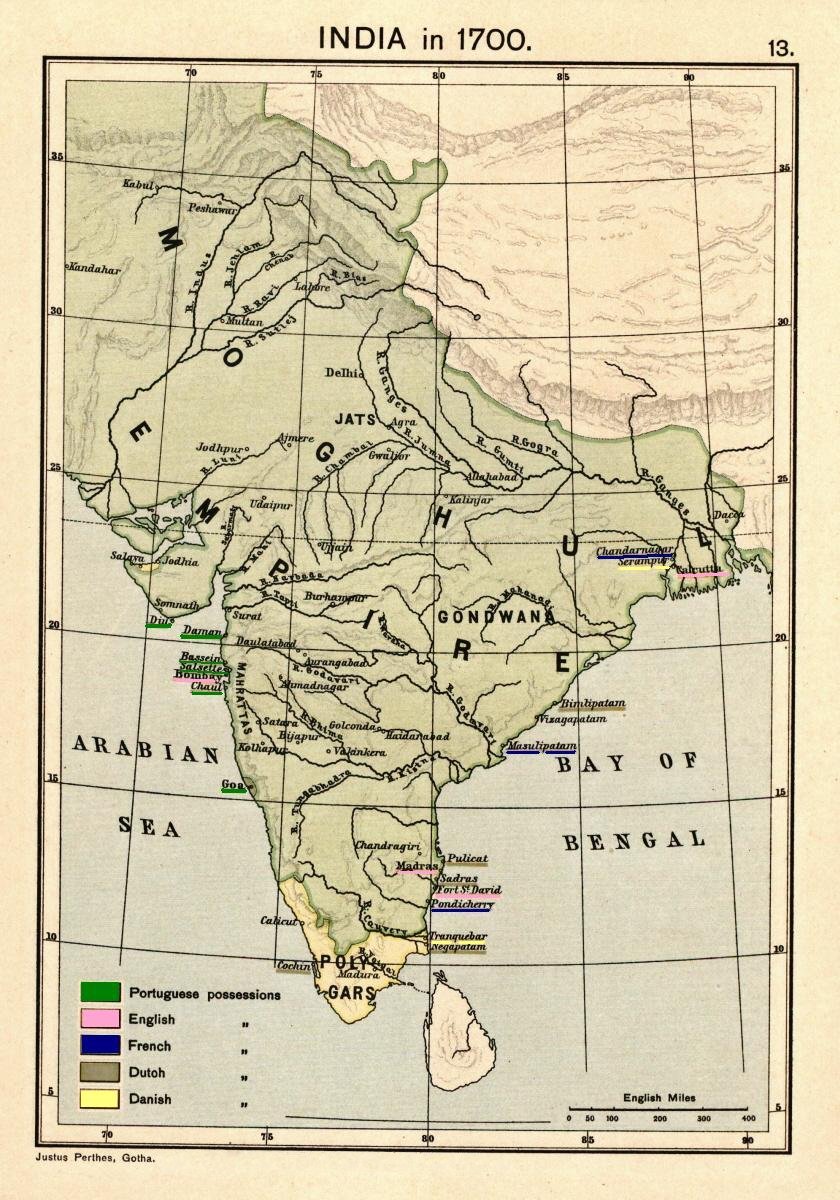History of India
- Introduction to Ancient India
- The Mauryan Empire
- Post-Mauryan India and the Golden Age
- Early Medieval India
- The Delhi Sultanate
- The Mughal Empire - Part I
- The Mughal Empire - Part II
- The Advent of European Powers
- The British Raj - Part I
- The British Raj - Part II
- Independence & Partition
The Mughal Empire - Part II
Decline of the Mughal Empire

1526–1857 empire in South Asia.
The Mughal Empire, which had reached its zenith during the reign of Aurangzeb, began to decline after his death in 1707. The decline was marked by political instability, economic crisis, and military failures, which eventually led to the disintegration of the empire.
Causes of the Decline
The decline of the Mughal Empire can be attributed to several factors. Aurangzeb's religious intolerance and his policy of religious persecution alienated the Hindu majority and led to widespread discontent. His decision to expand the empire into the Deccan drained the royal treasury and stretched the military resources thin.
The later Mughals were weak rulers who lacked the administrative skills and military prowess of their predecessors. They were unable to control the nobility, who often acted independently and even rebelled against the emperor. The central authority weakened, and regional powers like the Marathas, Sikhs, and Rajputs asserted their independence.
The Later Mughals and Their Ineffective Rule
The later Mughals, starting from Bahadur Shah I, were ineffective rulers. They were more interested in pleasure and luxury than in administration or military affairs. The nobles and the army became powerful and often dictated terms to the emperor. The empire was reduced to the region around Delhi, and the emperor was a mere figurehead.
Emergence of Regional Powers
As the Mughal Empire weakened, regional powers emerged. The Marathas under Shivaji established a strong state in the Deccan. The Sikhs under Guru Gobind Singh consolidated their power in Punjab. The Rajputs regained their independence. In Bengal, Bihar, and Orissa, the Nawabs asserted their autonomy.
Impact of Foreign Invasions
The decline of the Mughal Empire was hastened by foreign invasions. The Persian ruler Nadir Shah invaded India in 1739 and looted Delhi, taking away the Peacock Throne and the Kohinoor diamond. The Afghan ruler Ahmad Shah Abdali invaded India several times and defeated the Marathas in the Third Battle of Panipat in 1761.
In conclusion, the decline of the Mughal Empire was due to a combination of internal decay and external aggression. The empire that had once been a symbol of India's political unity and cultural richness was reduced to a shadow of its former self. The decline of the Mughal Empire paved the way for the advent of European powers and the establishment of British rule in India.